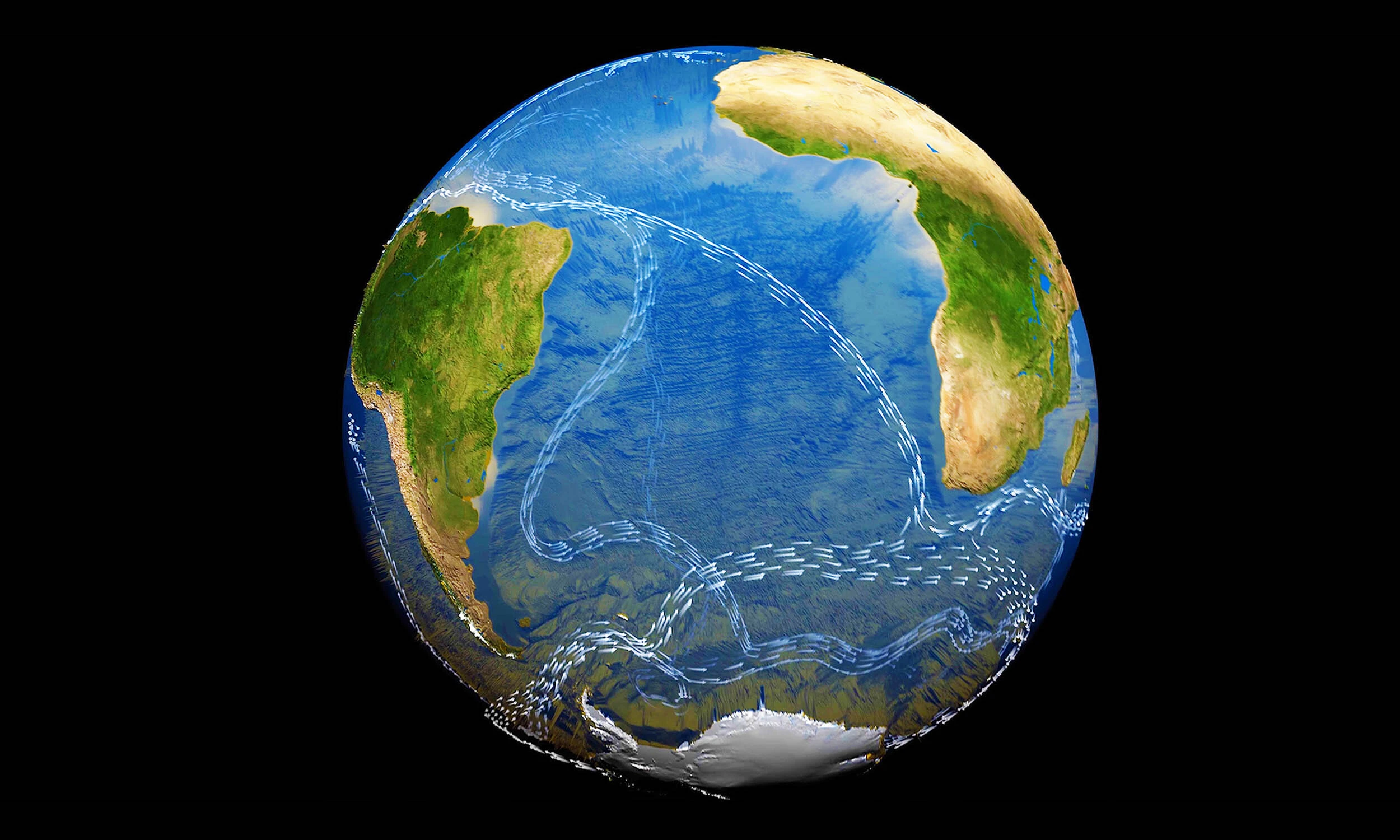Collapse of Earth's main ocean water circulation system is already happening
Collapse of Earth's main ocean water circulation system is already happening
www.earth.com
Collapse of Earth's global water circulation system is already happening

Don't think I need to summarize this one. This is bad news for everyone.